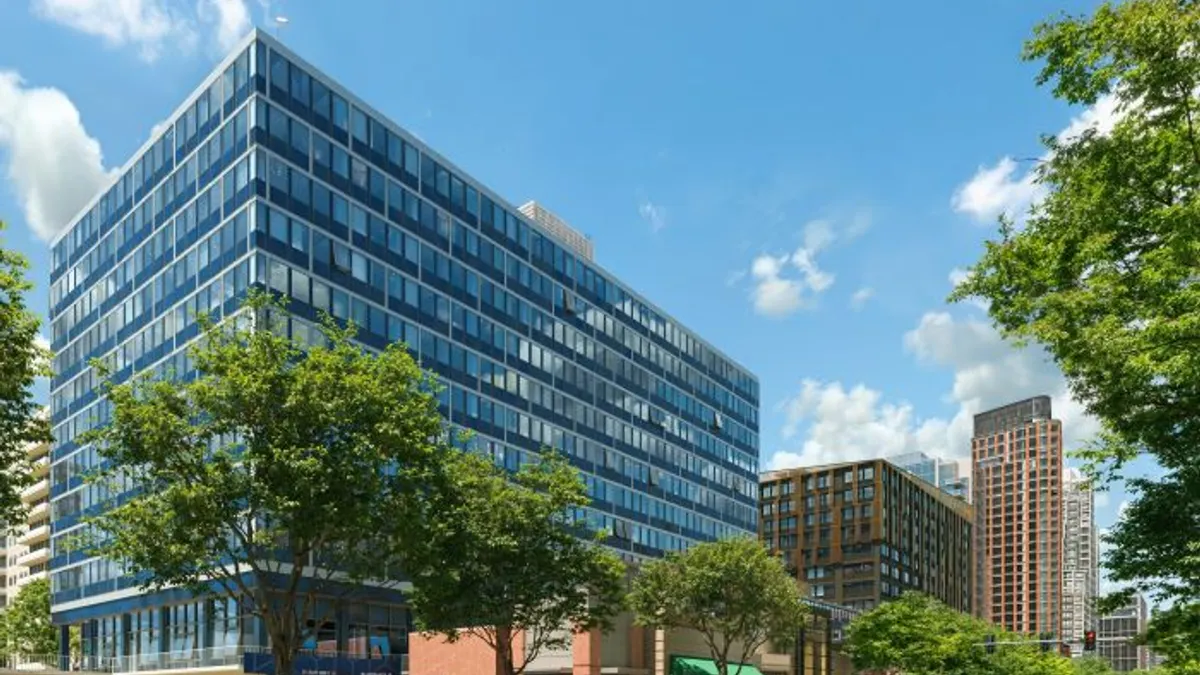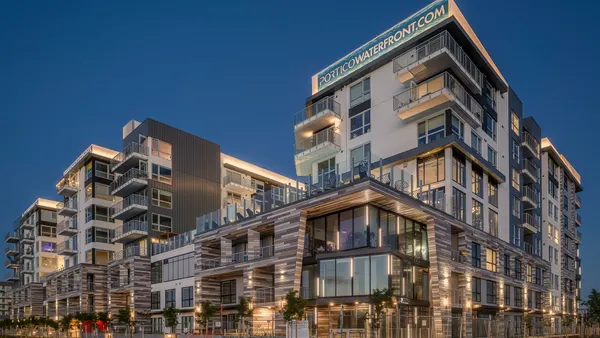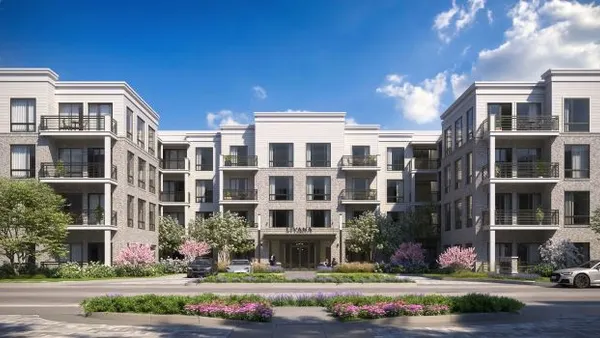Dive Brief:
- The cost of building new multifamily housing is 2.3 times higher in California than it is in Texas, and 1.5 times more expensive than in Colorado, according to an analysis of over 100 projects compiled by Santa Monica, California-based policy research institute RAND.
- The report, which covers projects built between 2015 and 2024 in California, Texas and Colorado, attributes the gulf in construction costs in these states to differences in state and local policies, which in turn affect project timelines and development fees.
- Other factors, particularly in California, include higher land prices, more expensive labor, and seismic safety standards. California is the second most expensive U.S. state for housing and rental costs, second only to Hawaii, and has seven of the 10 most expensive municipalities in the nation, according to the report.
Dive Insight:
On average, the time required to see a market-rate project from start to finish in California is 48.9 months — 27.9 months for predevelopment and 21 months for construction, according to the report. This is 22 months longer than the 27-month average time required in Texas.
At the same time, while Texas charges less than $1,000 per unit for municipal impact and development fees on average, California charges $29,000 per unit — though this number can vary widely by municipality.
The report also found that California’s affordable housing projects are more expensive to build than its new market-rate housing and more than four times the cost of market-rate housing in Texas. RAND attributes this to the strict requirements for affordable developments in the state, including above-market wages for labor and large architectural and engineering fees.
At least one multifamily developer has chosen to leave its California markets in recent years. In July 2024, Atlanta-based Wood Partners announced it would not pursue any new opportunities on the West Coast. CEO Joe Keough did not provide a reason for the exit.
RAND’s policy recommendations for California include:
- A policy similar to a state law in Texas in which local jurisdictions must approve or deny a project proposal within 30 days.
- Laws to speed up construction timelines.
- A review of the environmental and wage requirements for housing that are raising costs.
The private construction cost data was provided to RAND by Dallas-based multifamily owner and operator Trammell Crow Residential, which operates in all three states. The public data is taken from public state agency records for LIHTC funding requests.
“This report provides previously unavailable data and analysis to assist policymakers and stakeholders in developing a better understanding of the high costs of housing production in California and key factors that drive them,” the report concludes. “Better understanding these costs is a key requirement for developing housing policy reforms that can directly contribute to increased affordability.”









